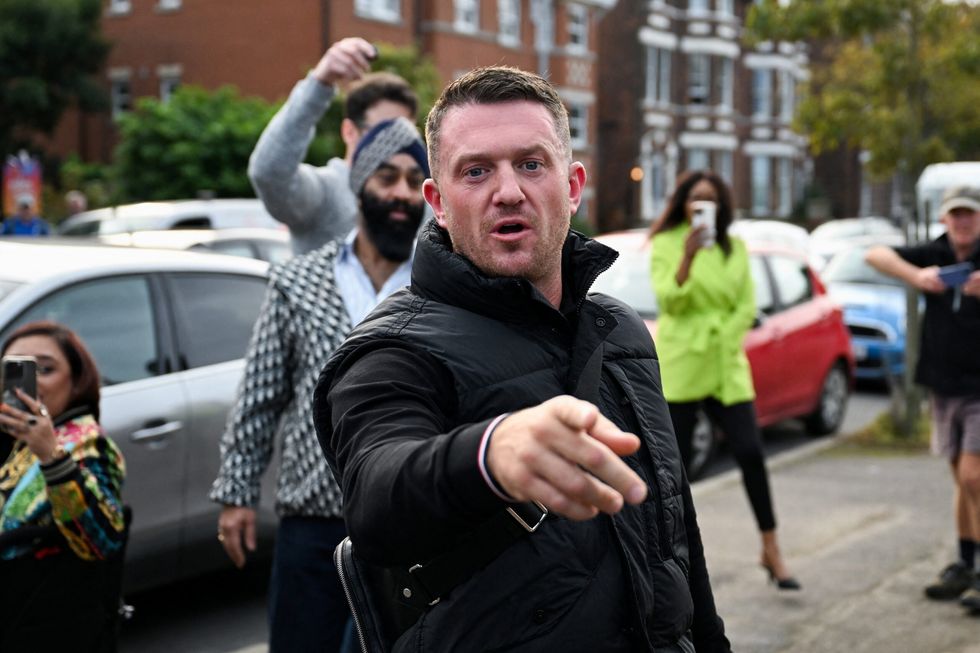by LAUREN CODLING
EXPERTS have predicted the India-US relationship will continue to hold strong after Joe Biden was named president-elect of the United States last Saturday (8).
Analysts believe Biden will strengthen bilateral relations on matters such as trade, defence and climate change. Soon after it became clear that Biden had secured the votes for the race to be called in his favour, India’s prime minister Narendra Modi said, “Congratulations @JoeBiden on your spectacular victory! As the VP, your contribution to strengthening Indo-US relations was critical and invaluable. I look forward to working closely together once again to take India-US relations to greater heights.”
Acknowledging the “strong” relationship already cemented between the two nations, Viraj Solanki, research associate for south Asia at the International Institute for Strategic Studies (IISS), said Biden was “not an unknown for India”.
“And Biden knows India as well,” he told Eastern Eye. “Biden believes in working with both allies and partners and I think the relationship between India and the US will continue to strengthen.”
Some South Asian governments may even feel “relief” over the defeat of Donald Trump (who has so far refused to accept last weekend’s result), Solanki said. “There will be less volatility, and ups and downs, than what countries faced under a Trump administration compared to what they will face under a Biden administration,” he explained.
It was only days ago that US secretary of state, Mike Pompeo, and now former defense secretary Mark Esper visited India where they held talks on military exchanges, cooperation on cybersecurity and space, as well as increasing arms sales. While India has looked to Russia as it seeks to modernise its ammunition, it has in recent years enjoyed stronger ties with the US as both sides pursue opportunities to increase bilateral trade. Biden was vice-president when former president Barack Obama was effusive in his praise of then Indian prime minister Manmohan Singh.
The US is also keen to push back against the influence of China, whom Pakistan considers a strong ally, in south Asia.
Rick Rossow, from the Centre for Strategic and International Studies thinktank, said there were two key issues which could define US-India ties. “First, how will the Biden administration handle potential sanctions on India over Russian defence purchases? And second, if the US is louder in raising concerns about social issues in India, will it create a wedge?” Rossow said.
Solanki echoed his sentiments, saying the Indian government may face pressure from the Biden administration on issues of human rights and religious tolerance. Modi’s government has faced some criticism following New Delhi’s decision to scrap Kashmir and Jammu’s special status last year.
Previously, the Biden-Harris campaign had maintained that India should restore civil and political rights in Kashmir. Vice president-elect Harris has publicly indicated her disapproval of the revocation of Article 370 in August last year, which had granted special autonomous status to Kashmir. Solanki agreed it was likely that Harris would press the issue.
“The Trump administration didn’t seem to address (the issues of human rights) as much as what a Biden administration may,” Solanki noted.
Ashley J Tellis, the Tata chair for strategic affairs at the Carnegie Endowment for International Peace think-tank, also has confidence that Biden will continue to build on relations between both nations. However, he believes US domestic issues will be a priority for the new administration. “He will have his hands full... overcoming problems at home and restoring American leadership abroad. Everything else comes second,” Tellis said.
Activist Swadesh Chatterjee, a long-time friend of the president-elect, said Biden wanted India to be the greatest friend of the US in the 21st century. “That’s what he believes in,” he said.
Underlining that India-US relationship did not depend on individuals any more, Chatterjee said it was deep and would get better. Biden, he said, had always supported the cause of India-US relationship.
Rana Mitter, a professor of history and politics of modern China at the University of Oxford, believes the Biden administration would attempt to find ways to influence Pakistan and Sri Lanka, both of which have close relations with China. “However, the US would be keen to make sure that any greater warmth with Pakistan does not alienate India – a hard balancing act,” the academic told Eastern Eye.
Mitter also believes the new administration would likely be much more “internationalist” than the Trump administration. The Biden-led government is looking to encourage skilled professionals into the US with plans to increase the H1-B visa limit and eliminate the limit on employment-based visas by country. It has also pledged to rejoin the Paris accord on climate change, which Trump left in 2017.
“It will also seek to build up the defence and trade ties that were weakened under Trump, particularly with Europe,” Mitter said. “This is a moment for a major reset of foreign relations with a strong US turning back toward global leadership.”
(With agencies)



















 The US base at Diego Garcia
The US base at Diego Garcia
 Anti-immigration activist Stephen Yaxley-Lennon, known as Tommy Robinson, gestures before arriving at Folkestone Police Station in Folkestone, Britain, October 25, 2024. REUTERS/Chris J Ratcliffe
Anti-immigration activist Stephen Yaxley-Lennon, known as Tommy Robinson, gestures before arriving at Folkestone Police Station in Folkestone, Britain, October 25, 2024. REUTERS/Chris J Ratcliffe